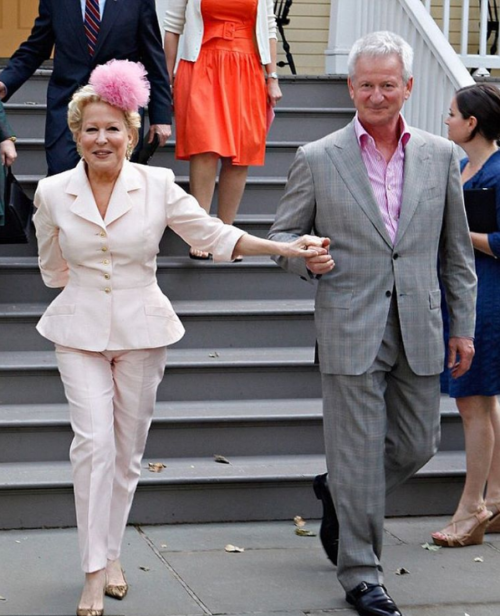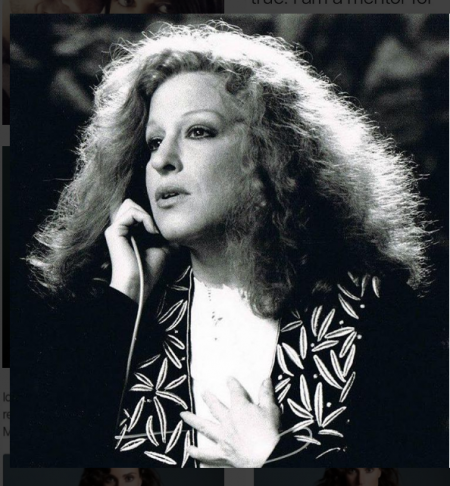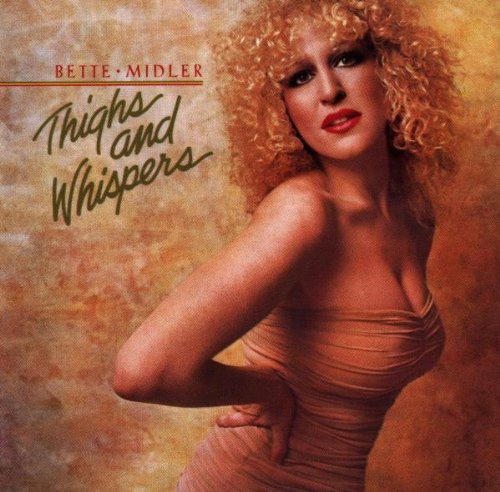BillBoard
Tower Records Founder Russ Solomon‘s Suprising Take on Vinyl, Why Labels Were Dumb to Kill 45s
By Frank DiGiacomo | March 18, 2015 1:31 PM EDT
Russ Solomon, the Tower Records founder now 89 years of age, who got his start selling 78s at his father’s Sacramento drug store in the late 1930s, experienced the full arc of the record selling business; from mainstream adoption in the ’40s and ’50s to the boom times of the ’60s and ’70s to the sharp decline of his brick-and-mortar empire, with its distinctive red-and-yellow logo, in the late ’90s.
On the heels of the SXSW premiere of All Things Must Pass, a new documentary about the rise and fall of Solomon’s life work, the former mogul chats with Billboard about all things vinyl, what went wrong with CDs and singles, and whether he even buys albums anymore.
Billboard: What was the moment where you realized vinyl records were fading, and when did you know that they were coming back into vogue?
Russ Solomon: It began fading out right after 1983 when the CD came in, but though the vinyl business was reduced to virtually nothing, it never went away. There was an underground of vinyl, and in the early 1980s, you had the advent of companies such as Mobile Fidelity remastering and pressing records on higher quality vinyl. The vinyl pressings coming out of Japan were also much better than the American stuff.
Elton John Shopped There and Dave Grohl Worked There: Behind Colin Hanks‘ New Tower Records Doc
And what do you attribute to the resurgence?
You’re talking about where it all of a sudden became a little bit more hip [to buy records?] It started out actually with those so-called high quality records pressed on 140 gram, 180 gram or 220-gram vinyl, but they were priced terribly high. And then that evolved into a few rock artists putting out their new albums on vinyl, and the collectors flocked in. The truth of it is it’s still a collector’s market, even though they sold what — 9 million or so vinyl records last year? Most of those are not pressed on this high quality stuff.
Why are people so romantically attached to vinyl?
I think it’s basically the collect-ability of it. There’s something today about the CD being somewhat ordinary while an LP is a package. It has artwork and liner notes. It’s readable. Some LP collectors are really nutty. The cover is more important sometimes than the record.
What’s your take on the people who say vinyl sounds better — warmer — than CDs?
This may be heresy, but I think it’s more psychological than reality. Technically, you can’t get the amount of frequency range at all on an LP that you can get on a CD. It’s just impossible. But that doesn’t mean vinyl records don’t sound good and they don’t sound warm and that there’s something comforting about the clicks and pops. There’s sort of a nostalgic feeling to the whole thing, which is a good thing, not a bad thing.
What’s the last album you bought?
Probably Willie Nelson’s Band of Brothers.
In New York, Keith Richards lived above the Tower Records on East 4th Street in the Village.
Oh yeah. I had an apartment on the same floor. That was a great floor. Cher was on the corner and Keith was kind of next door to her and I was next door.
Was he a regular customer?
He came in from time to time. See I wasn’t there a lot. He did a couple of personal appearances, you know, because we were big on personal appearances in that store — that and Los Angeles. So he came and did some of those. Our favorite regular was Elton John. He probably was the best customer we ever had. He says that anyhow [in the documentary]. It might be true.
How come?
He was in one of our stores every week, literally, wherever he was — in L.A., in Atlanta when he lived in Atlanta, and in New York. He liked to collect, and he would come in every week for the new releases.
You must have some great stories about your shoppers.
I’m told that Bette Midler used to go in the Sunset store and move her records from Vocals to Rock, which I thought was appropriate.
And Michael Jackson used to shop in the Sunset [Boulevard] store a lot. They’d open up for him early.
What would you say was the heyday of Tower Records?
I guess you’d say the heyday started in 1960 and ended in 2006. There you go. [Laughs] Actually, I’d say 1968 was the seminal year because we opened in San Francisco in 1968. That’s when the music community noticed us. San Francisco had the Fillmore and the Avalon and all of the musicians from that scene. The Summer of Love had morphed into hippie culture, and kids were flocking from all over to see the scene.
What do you think of Record Store Day?
I thought Record Store Day was a pretty good deal. After Tower closed down I opened up a little independent store here [in Sacramento] which didn’t flourish because we couldn’t have opened at a worse time — 2008. But, for the first couple of years, we celebrated Record Store Day, and it was a great excuse to have a big promotion. And, of course, it spawned all of these special collectors’ pressings that these guys do today.
Do you patronize any record stores these days?
I don’t buy records anymore. I’m too old for that







